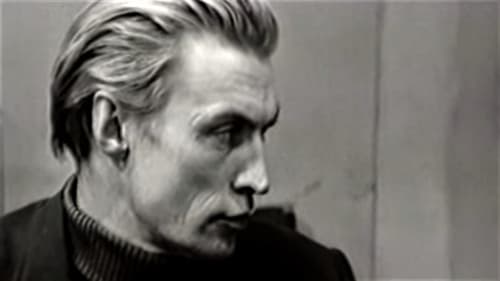
The screen adaptation of Osip Turyansky's novel "Beyond the boundaries of Pain", which is considered one of the best works, depicting the First World War as a hell through which seven people doomed to death, including the future author of the novel, passed.


He did not understand how he got to this strange planet. You need to choose, because it turned out that there is also a certain alien, who in the same time appeared on Earth. But the peculiarity of the situation lies in the fact that between these characters really surprising similarities, which will become the reason for the emergence of a whole series of all sorts of oddities. It is not known whether they can return to their seats, because none of the participants in these events is not how it all happened. And viewers will get a whole lot of emotions and experiences, because to watch it all from the really interesting, as the arisen situation can hardly be called a typical and familiar to modern movies.

Леонид

Борис Григорьев, поручик

Provodnik poezda

епізодична роль
The action takes place during World War II and the German occupation of Ukraine, in a small village. During clashes on the road, the village boy Vasyl, one of the local partisans, killing a German officer. The occupants take hostages and vow to execut all village inhabitants will beed, including old people and children, if the perpetrator is not found and delivered to them. The problem of choice faces the fellow villagers and Vasyl himself.
The film is striking it its black-and-white imagery unfolding not so much against, as together with, the emotionally intense music by Pederecki, Bakki, and Skoryk. Conscience is absolutely free of Soviet ideological clichés obligatory for the WWII genr, and was immediately banned by the Soviet censorship. It was first restored in 1989 by the Dovzhenko Studio and in 2011 by the Ukrainian Ministry of Culture.


